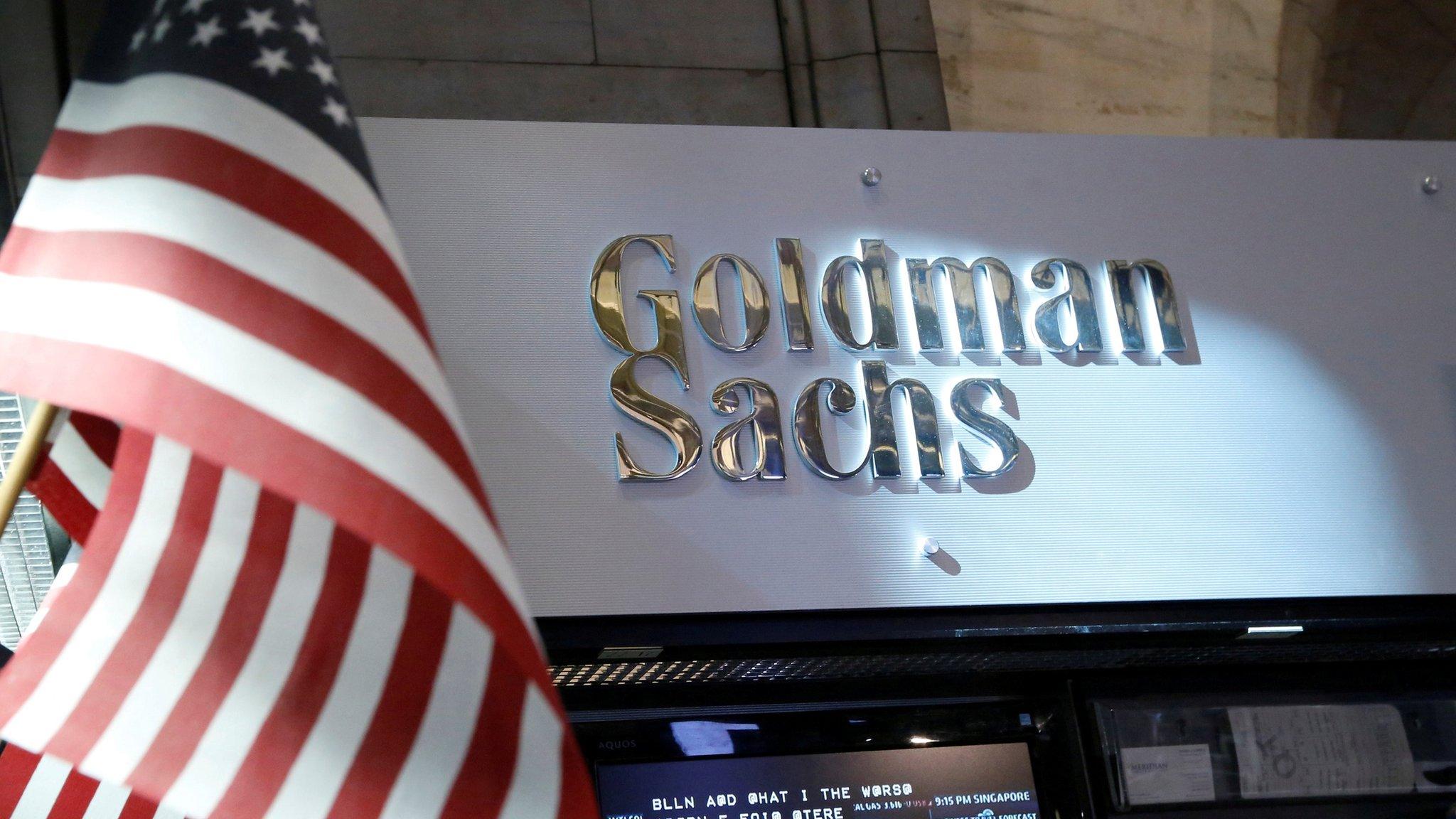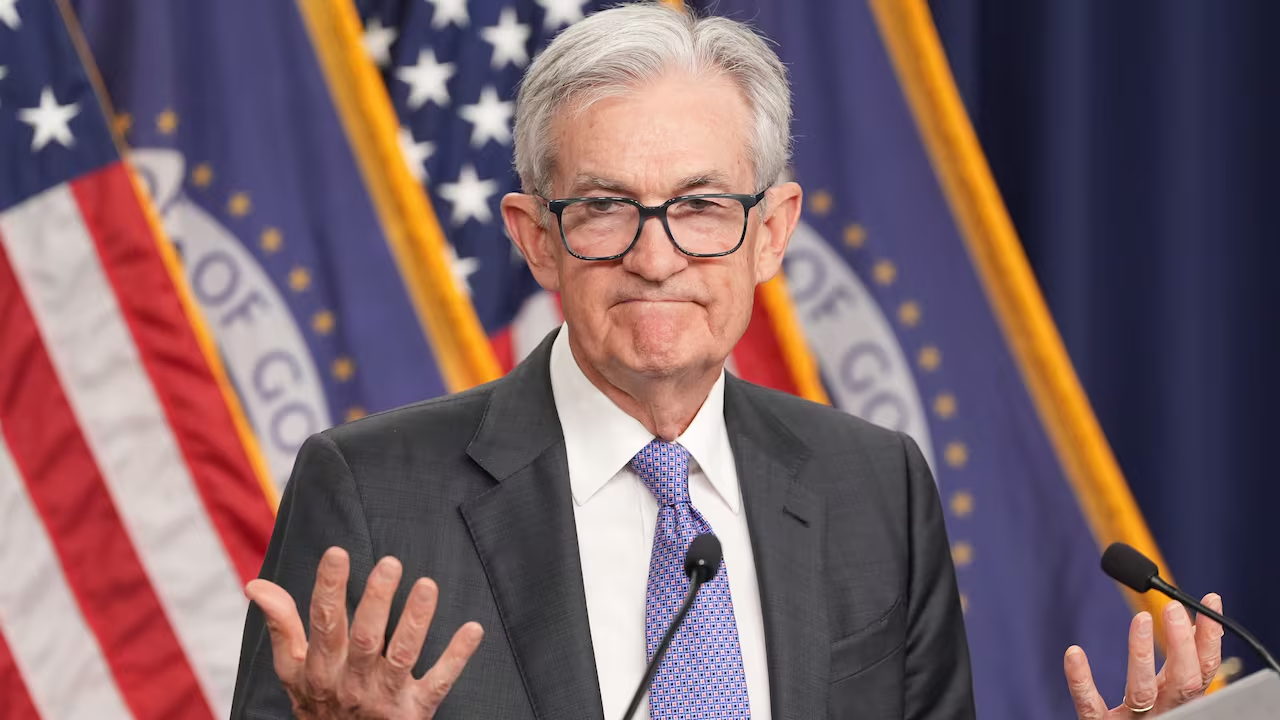The New Hampshire Senate Race is taking shape ahead of the crucial 2026 vote.
The upcoming 2026 U.S. Senate contest in New Hampshire has become one of the most closely watched races in the country. With three‑term Democratic Senator Jeanne Shaheen announcing she will not seek re‑election, the open seat has triggered a flurry of activity from both major parties and sets the stage for a pivotal battle that could impact control of the U.S. Senate.
Shaheen’s decision to step down clears the path for fresh contenders to vie for the Granite State’s Senate seat. Having served since 2009 and previously been governor of New Hampshire, Shaheen leaves behind a legacy of electoral success in a state that often swings in federal contests. Her departure opens a rare open seat in the Granite State—a scenario Republicans see as an opportunity to flip a seat that Democrats have held for over a decade.
On the Democratic side, U.S. Representative Chris Pappas (D‑NH) was the first major entrant, officially announcing his candidacy in April 2025. Pappas, representing New Hampshire’s 1st congressional district since 2018, emphasises his local roots and centrist appeal. His campaign messaging centres on preserving democracy, delivering for working families, and continuing the priorities Shaheen advanced in Washington. Among declared Democratic contenders is also Karishma Manzur — a biomedical scientist and immigrant‑raised candidate who launched her campaign to highlight economic equity and grassroots concerns.
On the Republican side of the New Hampshire Senate race, the field has already drawn high‑profile names. Former Massachusetts senator and U.S. Ambassador Scott Brown officially launched his campaign for the New Hampshire seat in June 2025, positioning himself as a Trump‑aligned conservative. His entry followed the decision of former governor Chris Sununu not to run, despite widespread speculation and encouragement. More recently, former senator John E. Sununu entered the race, seeking to reclaim the seat he once held and bringing the weight of his family name into the mix.
This Senate contest is not just about candidate names—it’s also about timing, politics and national implications. Early race ratings from outlets like Inside Elections and The Cook Political Report have shifted. Initially rated as “Lean Democratic,” the race was recently upgraded to “Tilt Democratic,” signalling improved Republican odds given the open seat dynamic and strong GOP interest in New Hampshire.
Underlying the race is the broader national context. The Republicans currently hold a slender majority in the Senate and see New Hampshire as a prime target in 2026. For Democrats, holding the seat is critical to their hopes of regaining control of the chamber. The fact that New Hampshire voted narrowly for former Vice‑President Kamala Harris in 2024 by a small margin underscores the state’s battleground status—federal races may sway narrowly and momentum can shift quickly.
Several key issues are already shaping the race. On the Republican side, candidates stress themes like border security, economic growth, and restoring what they call “common‑sense” governance. Scott Brown emphasised those points in his launch, targeting Democratic policies and aligning with former President Donald Trump’s agenda. Meanwhile, Pappas frames his campaign around protecting democracy, lowering costs for families, and serving Granite Staters’ interests rather than national extremes. The Democratic campaign also highlights the importance of issues such as reproductive rights and infrastructure investment.
The primary contests will be crucial. The Republican primary appears set to be competitive, with John E. Sununu and Scott Brown vying for the nomination. Both bring name recognition and donor networks—but each faces challenges. In particular, Sununu’s prior ambivalence toward Trump may be a vulnerability in a GOP primary environment where loyalty to the former president remains a dominant factor. On the Democratic side, while Pappas is the clear frontrunner, challengers such as Manzur could influence debates and policy focus.
Another major variable is campaign financing and outside spending. Because the seat is open and the state is considered winnable by both parties, it is poised to attract significant national investment. Both parties are already mobilising resources and forming strategies for early advertising and grassroots organising in the Granite State. New Hampshire’s small size means targeted campaigns can reach voters more effectively—and the cost to sway a few thousand voters could determine the outcome.
As the primaries approach, voter sentiment is evolving. Polls from the University of New Hampshire Survey Center show John E. Sununu leading the GOP primary field, but trailing Pappas in hypothetical general‑election match‑ups. These findings reflect New Hampshire’s recent voting patterns—while the state leans Democratic in federal elections, it also rewards moderate Republicans at the state level and is finely balanced overall.
The open Senate seat in New Hampshire is now one of the most strategically important races in the country. With high electoral stakes, intense candidate recruitment, and national attention, the outcome could ripple beyond New Hampshire—impacting control of the U.S. Senate and signalling broader voter trends heading into the 2026 midterms.
As the campaign season unfolds, voters in the Granite State will have to weigh not just the personalities on the ballot, but the national consequences of their decision. In a state where a few thousand votes can shift the result, every campaign detail matters—and the 2026 Senate race in New Hampshire will be one to watch closely.




